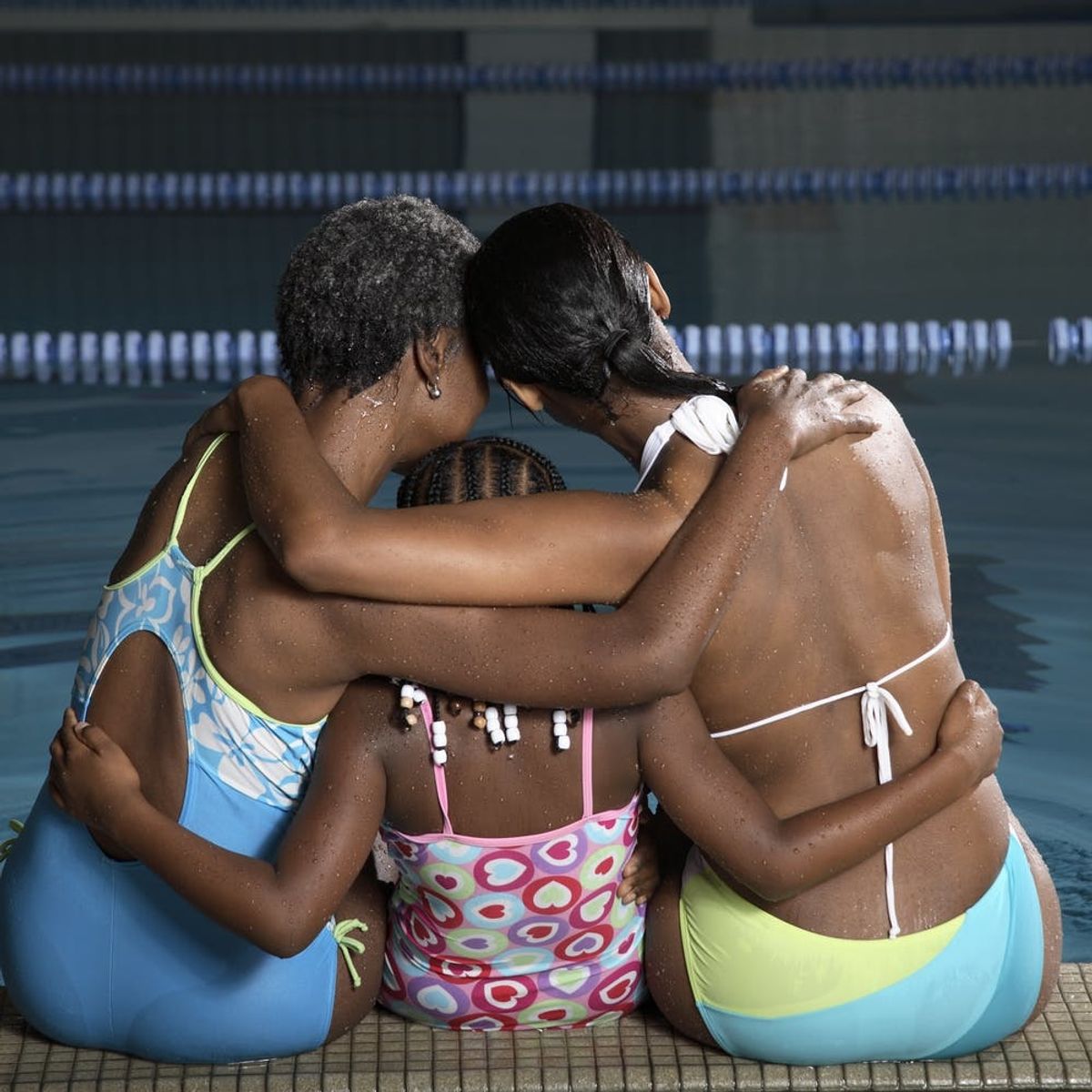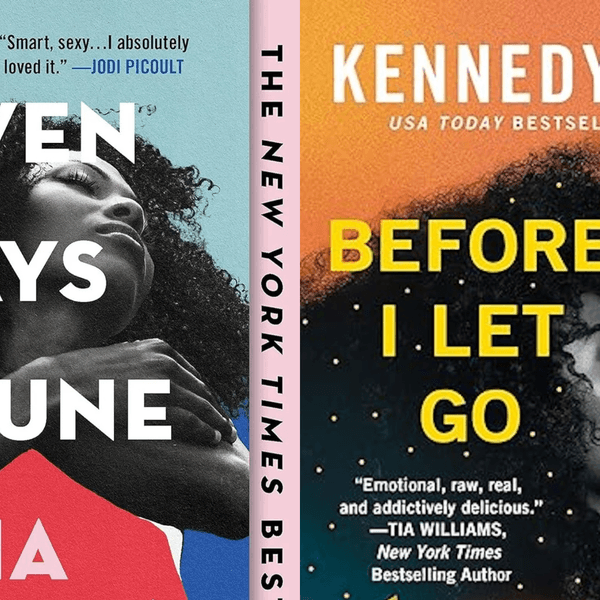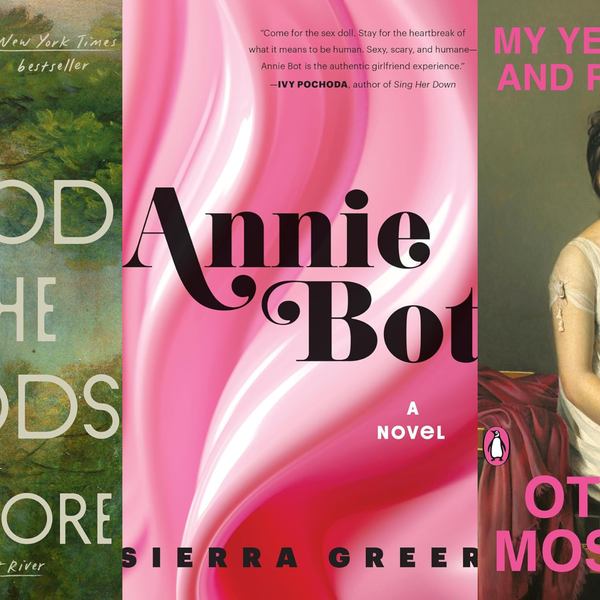“With me, she got a chance to be the kind of mother she should have been all along.”
My Grandmother, My Mother’s Ghost, and Healing the Wounds of the Past


In honor of Mother’s Day, we’re sharing stories from the Brit + Co community about mother figures who shape our lives.
*
Just over six years ago, at 25 years old, I lost my mother to cancer. Like most people that die from cancer, her death was slow, steady, and painful to watch. But it still felt like a surprise, even though she had been suffering through chemo, radiation treatments, and multiple surgeries for years.
I wish I could say I had a multilayered support system that surrounded me with love, but all I really had was my grandmother — the prayer warrior. The two of us made a decision to get down on our knees each morning on the hardest days and pray for a miracle: the healing of my mother. It was unexpected. As a child, I was never really close to my grandmother, and I was never expected to be. But when my mom died, something shifted. My mother was no longer around and my grandmother stepped up where most of my aunts and uncles faded away. I found myself with a new mother figure — and, soon, a dark family secret.
My mother died from a rare form of uterine cancer. So, ever the New Age enthusiast, I turned to metaphysical research — resources on chakras and energy channels — to make sense of her diagnosis and death. My grandmother was a traditional, Gospel-loving religious woman who didn’t believe in a lot of the information I sought, but she always listened.
According to one of the books I read, child abuse and neglect show up in the root chakra and manifest as diseases related to the womb. I considered the medical histories of other women in my family: the aunt with uterine cancer on my mother’s side, my many other aunts who got hysterectomies at uncommonly young ages, and I felt like I’d found a clue. The first person I confided in about what I’d found was my grandmother — ironically, given what I know now.
I decided to consult a family friend who happens to also be a psychic medium. During our session, my friend said that my mom didn’t talk until she was four or five years old because she was afraid, because she saw other children like herself getting brutally beaten.
“Ask your outspoken aunt when you see her,” advised my friend, the psychic. “She will explain more.”
She did.
My aunt confirmed my fears of a family history of abuse: the countless hungry nights, harsh beatings, and a mom who was not present. My grandmother had abused her children emotionally and physically. Sometimes, according to my aunt, she even made jokes about it.
There were so many thoughts of anger, sadness, and pure hate for my grandmother that ran through my head. It all just felt like a jab in my heart. To live with myself, I had to say something to her and, three weeks later, I did. My voice shook with anger and hurt. My grandmother denied everything and laughed, which only hurt me more.
But instead of giving up, I knew I had to hold my grandmother accountable. I had to keep going for my mother and for my aunts and uncles. At the same time, I felt torn; my grandmother, who had so hurt her own children, had also made me feel safe and valued.
I waited a few weeks before approaching my grandmother again, this time with kindness instead of anger. I reassured her that she could tell me anything and that I would still love her, but that I needed her to tell me the truth. I don’t want to say that this approach is always the key to confronting someone, but it worked.
“Okay, I did it,” she admitted.
And then, the words I was waiting for: “I am so sorry I did it, and I am sorry I ever hurt your mother because she was such a great mother and person.”
My grandmother explained that, as a young mother with eight children, she felt overwhelmed. No one ever told her it was wrong for her to hit her children, or to withhold care and attention. It was a different time. I thanked her for her explanation, then asked her to apologize to her other children — something I would continue to ask her every few weeks for the next three years until her death. I thought it was important for our family’s healing process. But she refused.
Though I still wish my grandmother had apologized to my aunts and uncles, I’m grateful to have answers and a better understanding of my mother’s life and childhood. In some ways, I feel even more blessed and honored that I had the mother that I did, the mother that lifted me up every day and made me feel safe, loved, and happy. But I’m also grateful for the relationship I wound up having with my grandmother. With me, she got a chance to be the kind of mother she should have been all along; by admitting to her wrongdoings, maybe she spared us from repeating a painful history.

*
S.P.* is an award-winning journalist whose work focuses on women’s and children’s rights. She’s written for the New York Times, The Lancet, Broadly, and others.
(*Name withheld to protect privacy; photo via Getty)



















